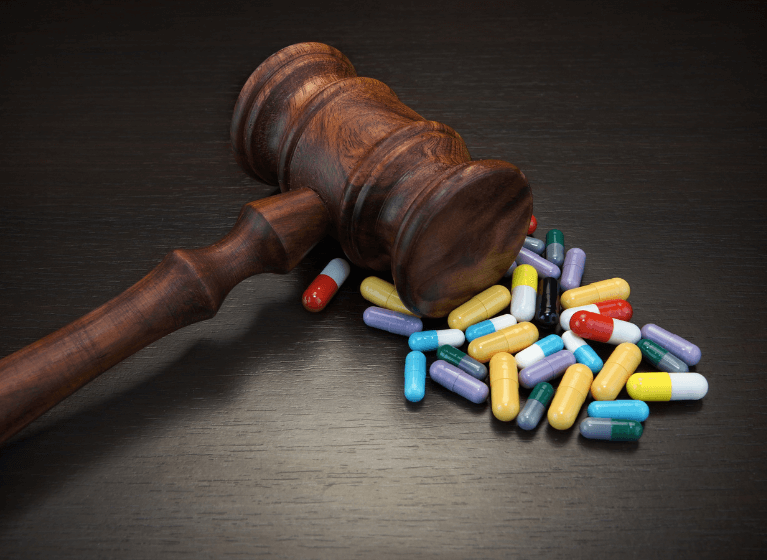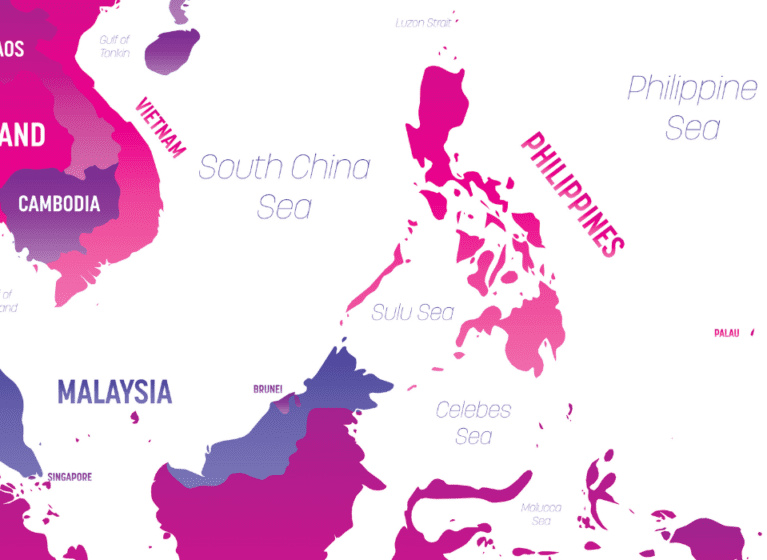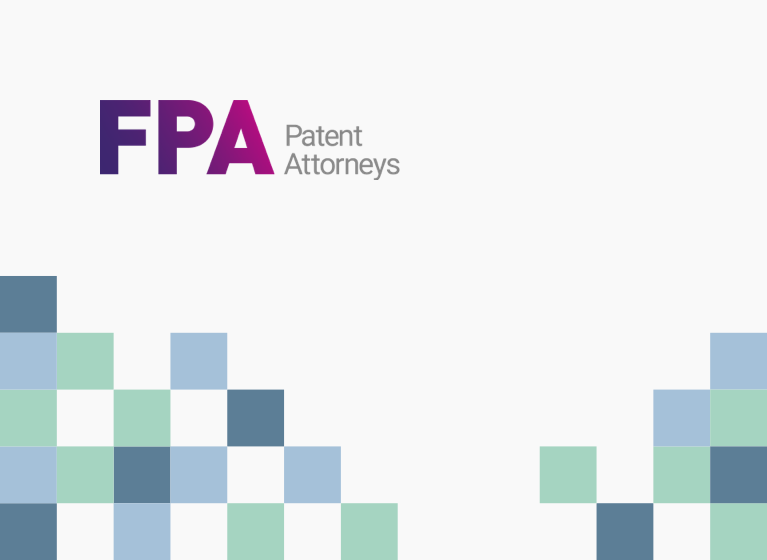It may not be just generic manufacturers seeking compensation when their product launch is found to be delayed by an originator wielding what is ultimately found to be an invalid patent.
An Australian court recently opened the door a little bit wider to the Australian government seeking compensation for losses arising from the granting of an interlocutory injunction restraining the launch of a generic drug.
It is interesting to consider whether originators in the United Kingdom or the United States could also find themselves facing the same liability from their respective governments, or even by another party who may or may not be joined to the litigation but who is affected in some way by the decision.
The PBS, damages and the Australian government
In Australia, the listing of the first generic version on the Pharmaceutical Benefits Scheme (PBS) triggers a statutory 16% price reduction of that medicine. An interlocutory injunction, restraining the launch of a generic version of the medicine while the originator’s patent is in force, therefore delays the price reduction. In exchange for the granting of the interlocutory injunction, the originator is required to give an undertaking to the court to compensate parties who were unfairly restrained in circumstances where the originator’s patent is invalidated or not infringed.
So when it recently came to the question of who had been adversely affected by the granting of the injunction in two separate instances1 where the Court ultimately found the patent to be invalid, it was not just the generic drug manufacturer putting in their claim for compensation. As explained in a recent article published on the Herbert Smith Freehills website, the Australian Government argued that they too had been adversely affected, as they had been paying the non-discounted price of the original medicine since the interlocutory injunction had been put in place, and they sought compensation to recoup those losses. At issue was the grounds on which the Government sought to do so.
Provisions of the Therapeutic Goods Act 1989 (Cth) allow the Government to seek compensation in the scenario outlined above. But the provisions only apply under very specific and limited circumstances and the originators argued that the Government could only make a claim under these circumstances. In contrast, the Government argued the inclusion of the provisions in the Act was not intended to be at the expense of their rights to make a claim for compensation under common law.
The Full Federal Court agreed – deciding that the provisions in the Act were additional grounds on which the Government could rely to seek compensation2.
But whether the door is ultimately swung wide open is yet to be determined. The originators are continuing to contest the Government’s entitlement to compensation on other grounds.
The United Kingdom
While there is no analogous statutory price reduction triggered by generic entry in the UK, price competition between the originator and generic manufacturers obviously has flow on beneficial effects to parties other than the generic. By corollary, the granting of an injunction affects those same parties.
In the UK, there is explicit provision in the Civil Procedure Rules (which govern civil actions in England & Wales) for the court to consider, when awarding an interim injunction, whether to require the applicant for that injunction to give an undertaking to pay any damages sustained by a person other than the respondent, including any other party to the proceedings or any other person who may suffer loss as a consequence of this order. Such a cross-undertaking is regarded as the “price” of obtaining an injunction.
In this regard, the Department of Health made an application to be joined as a party to the cross-undertaking in Abbott Laboratories v Approved Prescription Services and ors3. Their reasoning was along the same lines as that of the Australian Government, arguing that as customer of Abbott Laboratories, the National Health Service was continuing to pay the non-discounted price of the original medicine.
As the injunction ultimately wasn’t granted, the application by the Department of Health wasn’t required to be considered. But importantly, contrary to the Australian situation, the court is required to consider the parties who might suffer damage at the time of awarding the interim injunction and to specify the party/parties who may benefit from the undertaking at that time. I.e. there is no general undertaking that such parties can later rely on. Accordingly, any parties entitled to compensation need to be identified from the outset. And nor are the courts receptive to an attempt to add parties. This was the position in the case of SmithKline Beecham & ors v Apotex Europe Ltd & ors4 which dismissed an attempt to add further parties to an action in order to allow them to benefit from a cross-undertaking.
So for the Department of Health to make a claim of loss suffered as a consequence of the granting of an injunction, they would need to be named on the cross undertaking from the beginning. There can be no ‘surprise’ claims down the track.
The United States of America
Nor do statutory price reduction provisions exist in the US such that the US Government could make a direct claim of compensation. But the US Government can lay claim to having been adversely affected by the restraint of generic entry under a slightly different guise.
In 2013 the Supreme Court opened the door to anti-trust actions in what became known as ‘the AndroGel case’5. At issue was a settlement of a Hatch-Waxman litigation between an originator and a generic drug manufacturer. The court ruled that so-called “pay-for-delay” settlements may run afoul of anti-trust laws.
A 180 day period of exclusivity is awarded to the first generic drug manufacturer under the Hatch-Waxman Act if they seek early entry in to the market by challenging the originators patents (and is the first generic to do so). Initially the FDA required the generic drug manufacturer to be successful in their invalidity/non-infringement proceedings to be entitled to the 180-day period of exclusivity in order to protect against frivolous claims of patent invalidity or non-infringement or the so called ‘pay for delay’ or ‘reverse payment’ settlements. But the courts rejected this interpretation of the Hatch-Waxman Act, leaving the 180 day exclusivity period available for all first filers, provided they didn’t lose the patent litigation.
With the ‘successful defence requirement’ gone, it is available to generics and originators to settle the Hatch-Waxman litigation on the basis of delayed entry by the generic in exchange for keeping their exclusivity. In the meantime, the originator maintains their monopoly and their higher price. The Federal Trade Commission estimates that pay-for-delay deals cost consumers USD3.5 billion each year6.
The motivation for bringing an anti-trust action against the settling parties therefore parallels the reasoning of the Australian Government, whether that action is brought by government departments such as the FTC, or by an insurance company, drug wholesalers and retailers or individual consumer, who are arguably paying more than they should have for medicines because restraint of the generic entry prevented a competitive price drop.
But nor is an anti-trust action automatically successful. Despite the outcome in the AndroGel case, AstraZeneca Plc and Ranbaxy Laboratories Ltd successfully defended an anti-trust action brought by drug wholesalers, retailers and insurers7.
Watch this space…
The law in relation to governments or other third parties seeking compensation for the enforcement of patents that are subsequently found invalid is still developing across a number of key jurisdictions and pharmaceutical markets. And given the cost of healthcare, we expect that increasingly governments will look to recoup losses where there are delays to generic launch due to invalid patents. This should be factored into a patentee’s strategy.
The authors would like to thank Mr Stephen Hodsdon, Partner of Mewburn Ellis LLP for his assistance with the UK component of this article.
1 Apotex Pty Ltd v Sanofi-Aventis [2009] FCAFC 134; Sigma Pharmaceuticals (Australia) Pty Ltd v Wyeth (No 3) [2011] FCAFC 165
2 Commonwealth v Sanofi [2015] FCAFC 172
3 [2004] EWHC 2723 (Pat)
4 [2005] EWHC 1665 (Ch)
5 Federal Trade Commission v. Actavis, Inc. 570 U.S__(2013)
6 https://www.ftc.gov/public-statements/2009/06/pay-delay-settlements-pharmaceutical-industry-how-congress-can-stop
7 Nexium Antitrust Litigation, U.S. District Court for the District of Massachusetts, No. 12-2409






